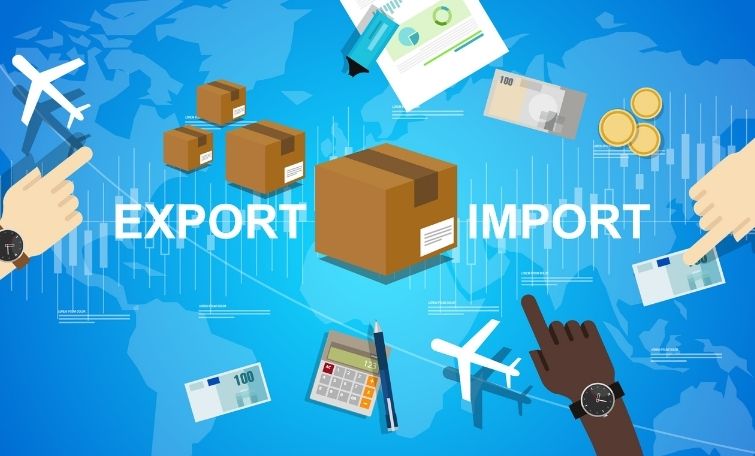There are several business opportunities that could be explored in cross-border trade. While many entrepreneurs may use part of the trading structure, not many dabble with imports and exports completely. However, we can see that even small businesses can make a decent profit from an importing and exporting business venture. It could be as simple as importing. Starting an importing and exporting business can be an exciting and profitable venture, but it can also be challenging to start with. From finding the right suppliers and customers to navigating complex customs regulations, there are many factors to consider. In this blog, we will talk about ten pro tips to help you commence your importing and exporting business venture on the right foot.
Conduct Market Research: Before you start your importing and exporting business, it is crucial to study your local market and competitors to understand the demand for your products or services. Research the market trends, competition, and target customers. It is crucial to have a clear understanding of your market before investing your time and money.
Choose Your Products: Once you have conducted your market research, decide upon the products you want to import or export. Consider factors such as demand, competition, profit margins, and market trends. It is also important to research the regulations and restrictions surrounding the products you plan to import or export.
Understand Customs Regulations: The rules and regulations of different countries while trading is complex and can vary by product category. It is imperative to understand the regulations and comply with them to avoid fines and delays. Consider hiring a customs broker or freight forwarder to assist you with customs clearance. If you haven’t started researching the benefits of navigating customs with a broker and take a look at how much you can save in terms of charges.
Build Your Online Presence: Having a strong online presence is highly critical in today’s digital age. Build a professional website, establish social media profiles, and create engaging content to promote your business. Use online tools and platforms to connect with potential customers and suppliers.
Determine Your Shipping Strategy: The majority of the imports and exports take place with a variety of shipping services due to their low costs. Working out the details of your shipping plan is crucial to the success of your importing and exporting business. Research different shipping options, such as air, sea, and land, and choose the one that best suits your needs. Consider factors such as cost, time, and reliability.
Secure Financing: Starting an importing and exporting business can be expensive, and arranging your capital is a pivotal step in operations. Consider your financing options, such as loans, grants, and crowdfunding. Create a detailed business plan and financial projections to present to potential investors or lenders.
Build a Strong Team: Hiring the right professionals to get the job done is vital to the success of your importing and exporting business. Hire employees with experience in international trade, logistics, and customs regulations. Train your team on industry best practices and invest in their professional development.
Embrace Technology: Adopting the latest technology can help you streamline your operations and improve efficiency. Use tools and software to manage your inventory, track shipments, and communicate with customers and suppliers. Consider investing in automation and artificial intelligence to improve your operations further.
Stay Informed: The importing and exporting industry is constantly evolving, and it is essential to be in the know about the latest trends and regulations. Join industry associations, attend trade shows and events, and subscribe to trade publications to stay up-to-date with industry news.
Find Reliable Suppliers and Customers: Finding the ideal parties to work with is critical to the success of your importing and exporting business. Not only do these parties involve customers, but your suppliers can be a game-changer in the entire scheme of business events. Build relationships with suppliers and customers to ensure a steady flow of products and demand. Attend trade shows and industry events to network and find new business opportunities.
Final Word:
Starting an importing and exporting business venture can be a highly successful venture if you take the correct approach. The best you can do is take a page out of the book of experts who have already done this and succeeded in their respective businesses.
By following the tips mentioned above, you can navigate the complexities of the industry and set your business up for success. Remember to learn from your experiences and speak with third-party agencies that can make your operations streamlined. With dedication and hard work, you can build a successful importing and exporting business venture.










